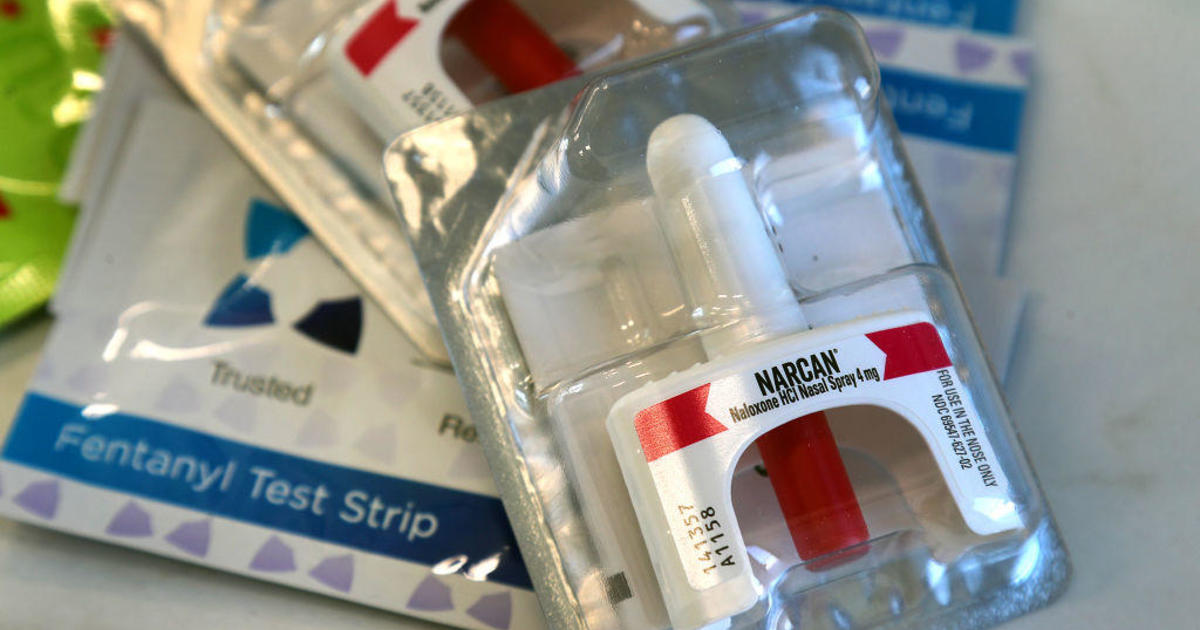Low-fat diet may reduce risk of dying from breast cancer, study finds
For the first time, a large experiment suggests that trimming dietary fat and eating more fruits and vegetables may lower a woman's risk of dying of breast cancer.
The results are notable because they come from a rigorous test involving 49,000 women over two decades rather than other studies that try to draw health conclusions from observations about how people ate.
Healthy women who modified their diets for at least eight years and who later developed breast cancer had a 21% lower risk of dying of the disease compared to others who continued to eat as usual.
However, that risk was small to start with and diet's effect was not huge, so it took 20 years for the difference between the groups to appear. The diet change also did not lower the risk of developing breast cancer, which was the study's main goal.
Still, doctors say the results show a way women might improve their odds of survival.
"There are certain things we cannot control about breast cancer recurring or developing in the first place," Dr. Elisa Port, director of the Dubin Breast Center at Mount Sinai in New York City, told CBS News. "But the very interesting thing about this study is that this shows us there are things we can control things like diet [and] maintaining a healthy body weight."
The study, being presented at the American Society of Clinical Oncology meeting, looks at nearly 49,000 post-menopausal women. The results come from the Women's Health Initiative, a big federally funded study that previously overturned longtime advice on hormone therapy for menopause symptoms.
At the start, participants were getting one third of calories from fat. One group was given regular counseling sessions and told to limit fat to 20% of calories and to eat more vegetables, fruits and grains. The rest continued their usual eating habits.
The group aiming for low fat missed the target, but cut fat intake to 24% after one year and about 30% after eight years — still lower than where they started. Fat intake in the comparison group stayed about the same.
The study previously showed that there were fewer deaths from all causes among women in the lower fat group who later developed breast cancer. Now, after 20 years, there's also a difference in deaths from that disease. However, only 383 women died of breast cancer, so the benefit in absolute terms was small.
"Diet is complicated"
Was it trimming fat or increasing vegetables, fruits and grains that helped?
"Diet is complicated. If somebody is eating more of one food, they're eating less of another," and it's hard to say which change is doing what, Dr. Jennifer Ligibel of the Dana-Farber Cancer Institute in Boston said. Eating too many starchy foods isn't good either, and researchers now know that the type of fat matters, and that some fats such as olive oil are better than others.
"Our view of diet has evolved since this study was designed," she said.
Cynthia Arrington is a 53-year-old breast cancer survivor who receives nutritional and wellness counseling at Mount Sinai's Dubin Breast Center from dietician Kelly Hogan.
"I am learning that there are many ways to eat healthier and love what you are eating," Arrington told CBS News.
Hogan advises patients to eat less red meat and processed foods and to sprinkle in some healthy plant-based fats like olive oil, nuts, seeds, and avocados.
Arrington said that while she was already eating a healthy diet before her diagnosis, she's never felt better.
"When I got diagnosed, it broke my heart because I thought I did all the right things," she said. "I am just living more than ever now. And I am excited about life and I love life."



